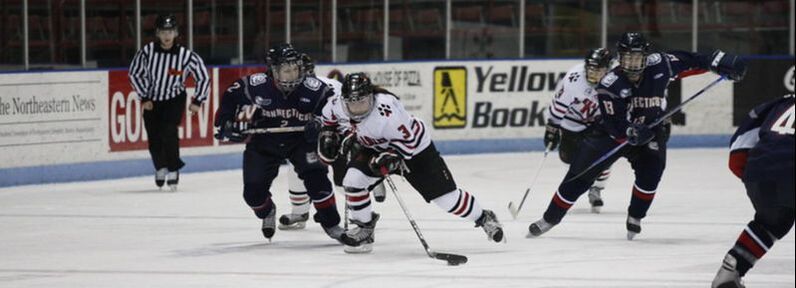Click "Read More" to continue reading.
Most international students attend colleges and universities in the United States after obtaining an F-1 or J-1 student visa. These “non-immigrant” class visas permit international students to travel to the United States and study at Student and Exchange Visitor Program (SEVP)-certified universities or colleges. The SEVP is a Department of Homeland Security program which records essential information about international students. The program also provides approval and oversight to certified institutions along with advice to both institutions and students about visa status as an international student and how to maintain eligibility. These student-visa categories have very specific requirements and limitations, and this is especially true with respect to employment and compensation.
Students who entered with F-1 visas are allowed to do some work ‘on campus’ but need a work permit in order to obtain an ‘off campus’ job or internship (which is generally not permitted during the first academic year). After graduation these students are eligible to apply for Optional Practical Training (OPT) or Curriculum Practical Training (CPT) to work or train in the United States for up to 12 months after graduation (or an additional two years for graduates with STEM-related degrees). Students who entered with J-1 visas are permitted to engage in work and study related exchange programs at US colleges and universities but are required to obtain a work permit (for ‘on campus’ and ‘off campus’ work).
The consequences of violating the terms of these student visas are severe and can result in the termination of the visa, removal of the student from the United States and could prevent them from entering the United States in the future.
With the recent Supreme Court ruling in Alston and the NCAA’s legislative changes permitting student athletes to sign Name, Image and Likeness (NIL) endorsement deals with various companies, a question is often raised—are athletes in the United States on student visas able to sign similar endorsement deals? Put another way—would signing an NIL deal constitute impermissible employment that would violate the terms of their student visa? Unfortunately, there is no ‘one size fits all’ answer because of the various ways endorsement deals can be structured (and the country in which the deal was entered and the compensation paid). For example, Kentucky guard Shaedon Sharpe signed a high-profile NIL deal with SoleSavy, a Vancouver-based sneaker company. Importantly, Sharpe is a Canadian citizen and his NIL contract with SoleSavy is presumptively governed by the laws of Canada. Sharpe’s teammate at Kentucky and National Player of the Year Oscar Tshiebwe has also been able to monetize his NIL as an international student-athlete, although the details of how he has been able to do so are less apparent.
Generally speaking, however, most international student-athletes are advised not to accept any NIL deals because of the possibility that it can be interpreted as unauthorized employment—which would make the school to legally obligated to terminate the visa. The definition of “employment” in this context is very vague, and many schools will advise their international students to avoid all NIL opportunities to prevent a possible violation—as the interpretation of this term is ultimately up to the federal government if there is a violation.
This issue has not gone unnoticed by other student-athletes, the NCAA and members of the U.S. Congress. UConn women’s basketball star Paige Bueckers, who has signed lucrative endorsement deals with Gatorade and clothing marketplace StockX, was quoted as saying that she is well aware that she is being given opportunities that are not available to her international teammates. Some members of the U.S. Congress have called for a federal law that would allow all college athletes (including those on student visas) to benefit and be compensated for the use of their name, image or likeness. Until that happens however, international student-athletes will likely continue to avoid NIL endorsement deals.
For those international student-athletes who do want to enter into an endorsement deal, it is highly recommended that both the student-athlete and the company seeking to endorse them consult with attorneys familiar with sports law, business law and immigration law to avoid possible severe penalties in the future.
| Aleksandr Y. Troyb, Esq. Benjamin, Gold & Troyb, P.C. 350 Bedford Street - Suite 403 Stamford, Connecticut 06901 Telephone: 203-425-8500 Facsimile: 203-425-8600 Website: www.bgtlawfirm.com |





 RSS Feed
RSS Feed